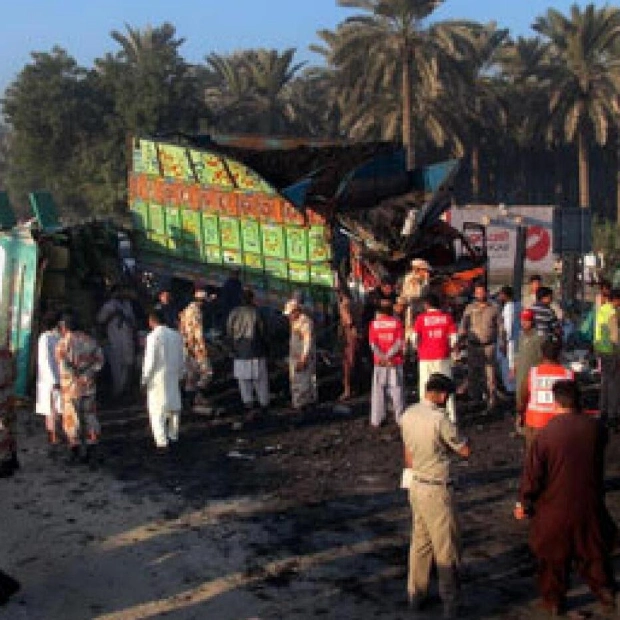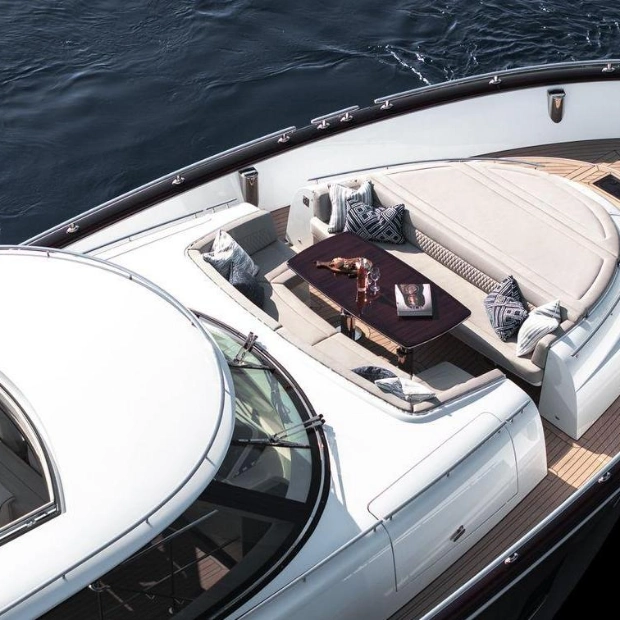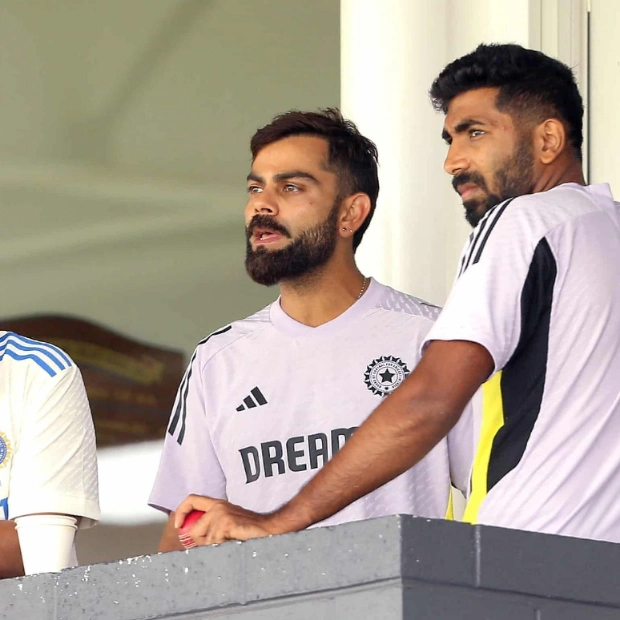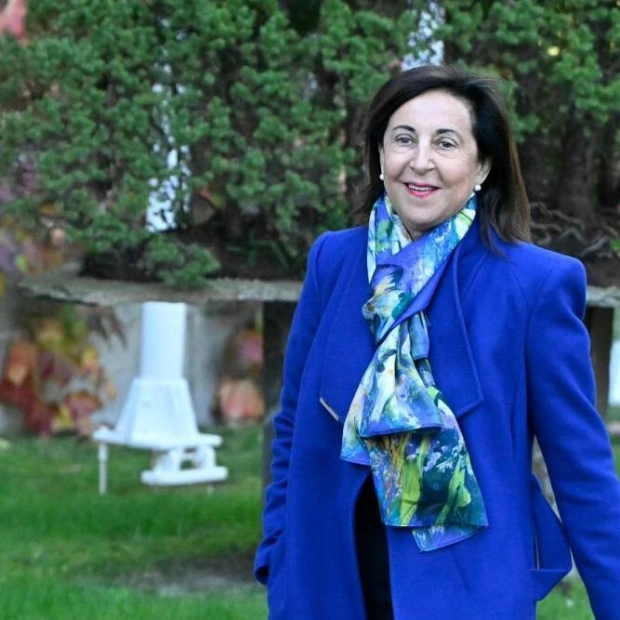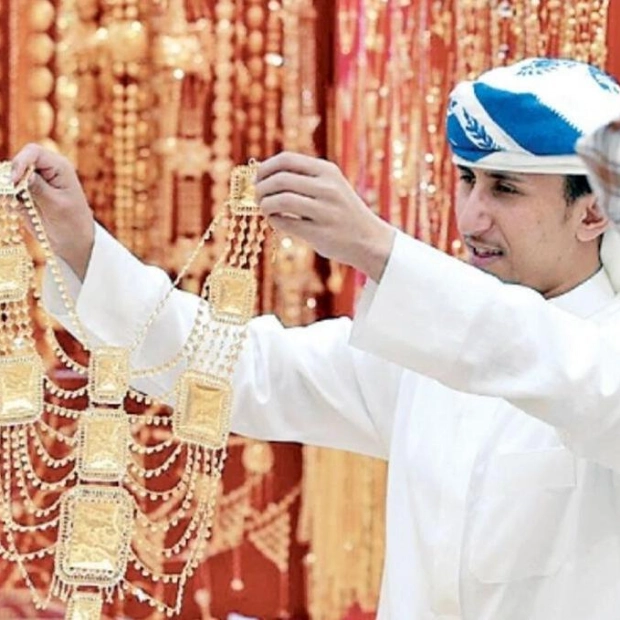As of now, the exact reason behind Coldplay's decision to perform at Craven Park remains somewhat unclear. Last month, the announcement of this world-renowned, commercially successful band adding two nights at the 20,000-capacity Sewell Group Craven Park, alongside their London residency and six nights at Wembley, left many puzzled. These are the only European shows Coldplay will be playing next summer. Even the city council found the news to be 'absolutely bonkers.' The question remains: Why Hull? This city boasts a rich musical history, from the Housemartins to Everything But The Girl to Mick Ronson. According to Neil Hudgell, owner of Hull Kingston Rovers and the man behind securing these concerts, Coldplay expressed a desire to play in a 'northern and gritty' location: authentic, off the beaten path, and a bit quirky. For now, more pressing matters are at hand. On Saturday noon, a convoy of coaches will set off from Craven Park on a 100-mile journey to Old Trafford, marking a significant step in history. Four years after finishing last in Super League and nearly 40 years since their last major trophy, Hull KR is making their debut in the Grand Final. This achievement resonates deeply within east Hull, transcending local boundaries. The rapid rise of Hull KR is a collective triumph, involving players like Mikey Lewis and Elliot Minchella, the hardworking Australia coach Willie Peters, numerous staff and volunteers, and chairman Neil Hudgell, who has invested millions in the club through relegation, promotion, and the pandemic. Despite rugby league's modest presence in the UK sports scene, Hull KR's growth is palpable. Average attendances have surged to over 10,000 this season, with season-ticket sales at an all-time high. This organic growth reflects the club's deep-rooted connection with its community. Hudgell, who grew up in these streets, understands the role of sport in fostering a sense of belonging. In a couple of weeks, IMG will release its first official club gradings, which will determine next season's Super League and Championship status. Hull KR's performance-based grading is only 25%, with the rest based on financial metrics and stadium amenities. Community work, despite its importance, is weighted at a mere 5%. Expansion and investment are crucial, but staying true to its roots is paramount. Rugby league, though not wealthy, is authentic. Saturday's match between Wigan and Hull KR is a genuine event, deeply meaningful to those involved. The Hull KR story underscores that local and global, ordinary and extraordinary, need not be mutually exclusive. Their victory could redefine the sport's narrative and inspire future dreamers. Why Hull? Why not?
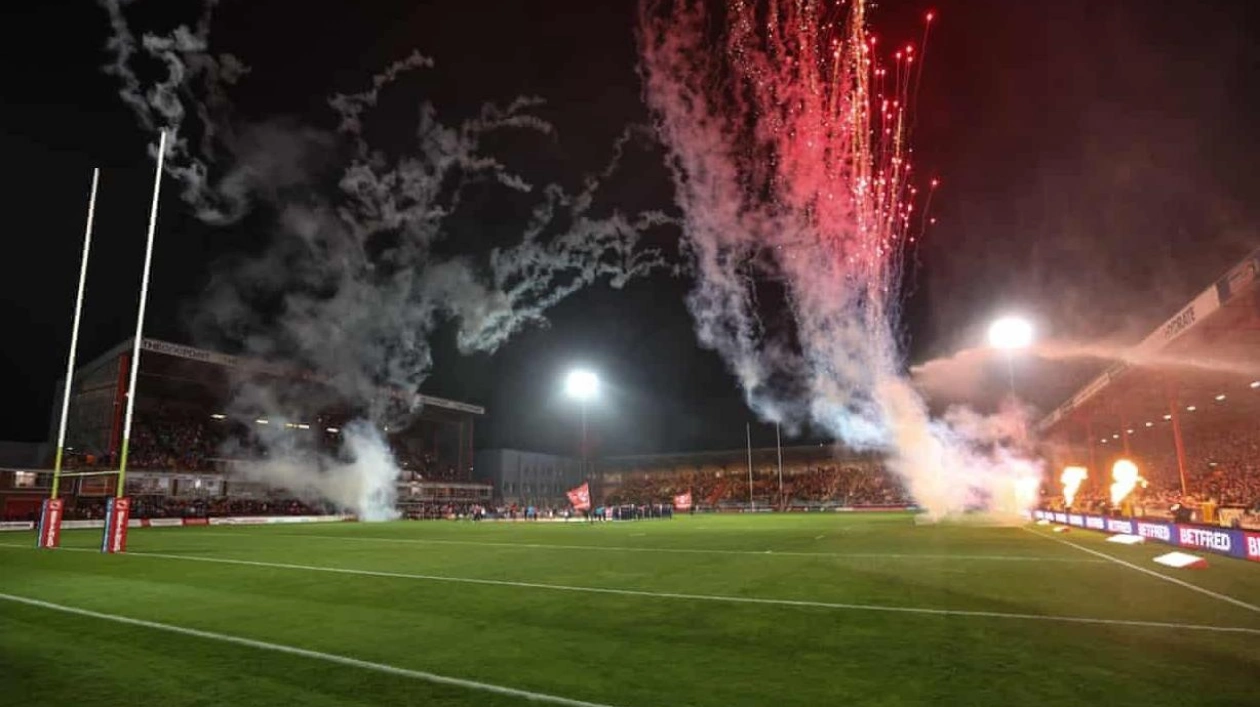
Text: Lara Palmer
08.10.2024
Exploring the Unlikely Venue and the Rise of Hull KR in Rugby League
